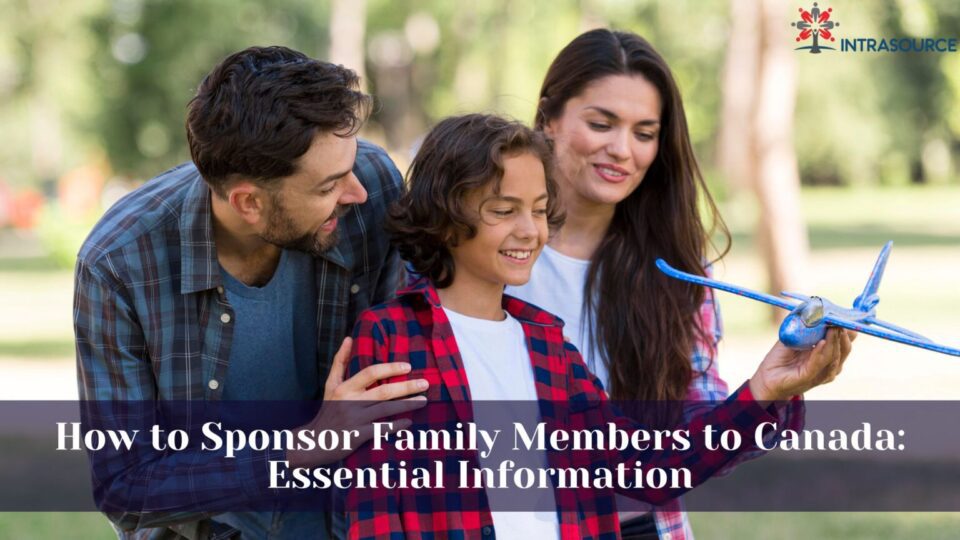Are you considering bringing your family to Canada? As a Canadian citizen, permanent resident, or someone registered under the Indian Act, you may have the opportunity to sponsor your family members to join you and become permanent residents. Here is some essential information you should be aware of.
Eligibility Criteria for Sponsorship
To sponsor family members, you must be at least 18 years old. There are also specific income guidelines that apply, although these generally do not affect the sponsorship of a spouse, partner, or child. Be sure to meet all conditions and provide all required information in your sponsorship application. Settlement agencies and legal clinics can offer assistance if needed.
Who Can You Sponsor?
Spouse or Common-Law Partner
You can sponsor your legally married spouse, regardless of sex. Similarly, you can sponsor a common-law partner of any sex, provided you have lived together for at least one year in a marriage-like relationship. There are several ways to demonstrate the legitimacy of your relationship. Legal advice can help you demonstrate this relationship through shared assets or children. Each couple’s situation is unique, so we recommend seeking legal advice from an immigration lawyer or a registered immigration consultant in Canada.
Parents and Grandparents
Sponsoring parents or grandparents involves an “interest to sponsor” form. The government selects a limited number of individuals from those who submit this form. If sponsorship is not possible, a Super Visa might be an alternative. It allows a stay of up to five years per visit, valid for up to ten years, but does not grant permanent residency.
However, Canada has temporarily suspended this program in 2025 to prioritize processing the applications that are currently in progress. We will provide updates on the program as soon as new information is released by IRCC.
Children
Children who are unmarried and under the age of 22 can be sponsored for immigration. However, if the child is over 22, they may still qualify for sponsorship if they are unable to financially and socially support themselves due to a physical or mental condition. Additional requirement is that you must have been providing financial support to them continuously since before they turned 22. There are programs available through which you can sponsor a dependent child, depending on your specific situation. Legal advice is advisable if your situation falls outside these conditions. It is highly recommended to seek legal advice from an immigration lawyer or a registered immigration consultant in Canada.
Responsibilities After Sponsorship
Once your family arrives, you are responsible for supporting them financially for a designated period. This includes essentials like housing, clothing, and food. The sponsorship undertaking lasts 20 years for parents or grandparents, 3 years for a spouse or partner, and 3 to 10 years for children, depending on their age.
What If You Can’t Provide Support?
If the sponsored individuals seek financial support from programs like Ontario Works, you might have to repay these funds to the government, and you could be barred from sponsoring others until the repayment is made.
Handling Application Refusals
If your application is denied, you will receive a written notice. It’s crucial to seek legal advice promptly, as you may appeal the decision within 30 days through the Immigration and Refugee Board. There might also be alternative pathways for your family to immigrate to Canada. We recommend seeking legal advice from an immigration lawyer or a registered immigration consultant in Canada.
Conclusion
Sponsoring family members is a significant commitment with legal responsibilities and potential financial obligations. It’s wise to seek personalized legal advice to navigate the process effectively and ensure a smooth transition for your loved ones. If you have any questions or need more information related to this article, feel free to contact us via email.
The Immigration Times (TIMT) can assist you in connecting with the right immigration lawyer or a registered immigration consultant if needed.


